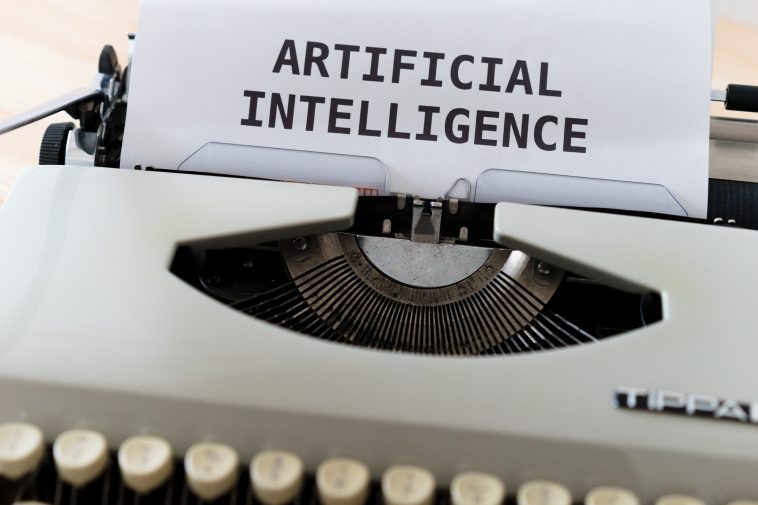Ursula Fear, Salesforce South Africa’s senior talent program manager, clarifies the extreme perceptions of AI and underscores its genuine influence on the workforce. While there’s concern about job losses, Fear believes AI offers immense potential for positive change, enhancing efficiency, imagination, and novelty.
From the inception of the computer era, humans have striven to develop machine intelligence. The depiction and implications of AI in our lives and environment have even been depicted in popular media – ranging from the utopian tech wonders of Star Trek to the bleak dystopian future in The Terminator.
While AI doesn’t align with those dramatic extremes, it’s less intimidating than many perceive. AI systems are software that can scrutinize datasets and provide decisions or suggestions that would typically need a “human touch” or expertise.A recent Microsoft poll found that 49% of workers fear AI taking their jobs.
However, I think the benefits AI brings to the workforce far outweigh the apprehensions. AI can catalyze significant positive shifts in workplaces, enhancing efficiency, aiding in skill transfer, and nurturing a space ripe for creativity and innovation.
Moreover, AI’s potential to significantly propel worldwide and local economies in a digitized future is undeniable. With its capability to infuse over $15 trillion into the global economy by 2030 and bolster local GDPs by up to 26%, it’s evident that this technology isn’t going anywhere. The advantages it offers in terms of boosting productivity and generating value are just too substantial.
AI as a driver of employment and skills generation
Despite worries that AI and automation might result in significant job losses, reality paints a different picture. Gartner suggests that by 2025, AI will generate more jobs than it displaces, with a net increase of over two million positions.
In this light, AI has immense potential to address the skills and employment issues in South Africa. It offers a valuable solution to the alarming 32.9% unemployment rate South Africa faced in early 2023, the highest globally. This means more individuals can join and enrich the country’s economy.
The situation is concerning, especially for South Africa’s younger generation, who generally possess a technical and technological aptitude, as they are still the most susceptible in the job market. Currently, 4.9 million individuals aged between 15 and 34 are without jobs.
On the other hand, leveraging AI to enrich the employee journey with customized training, specific assistance, and prompt feedback allows companies to optimize skills development outcomes. This approach benefits companies and their workforce, enhancing job stability in an increasingly digital era.
The labor force must develop AI skills to remain competitive.
AI shines in streamlining the workplace by automating routine and redundant tasks. As a result, it can be a tremendous asset for employees, allowing them to focus more on creative and critical responsibilities.
Interestingly, the same survey highlighting concerns about AI replacing jobs revealed that 70% of respondents would gladly offload their mundane tasks, like sourcing information, summarizing meetings, and scheduling their day, to AI to lighten their burden. Moreover, 76% expressed they’d utilize AI for administrative functions, and a slightly higher 79% for analytical tasks.
Despite AI’s numerous advantages for various organizations and sectors, South Africa’s AI skill gap remains a significant hindrance to its wider adoption. A recent survey indicated that over 60% of senior management viewed ‘insufficient internal skills’ as the primary obstacle to AI integration in the nation.
Nevertheless, this isn’t halting South Africa’s drive for swift AI adoption. With the surge in demand and the scarcity of AI expertise, those possessing the necessary skills are in a prime position.
These individuals not only have a stronger negotiating stance but guarantee their continued relevance in a perpetually changing environment by refining their AI expertise.
AI is better suited to empower individuals rather than supplant them. South Africa’s workforce should harness its capabilities to stay competitive. After all, individuals with the appropriate skills, rather than machines, will pose a more immediate threat to job security.



